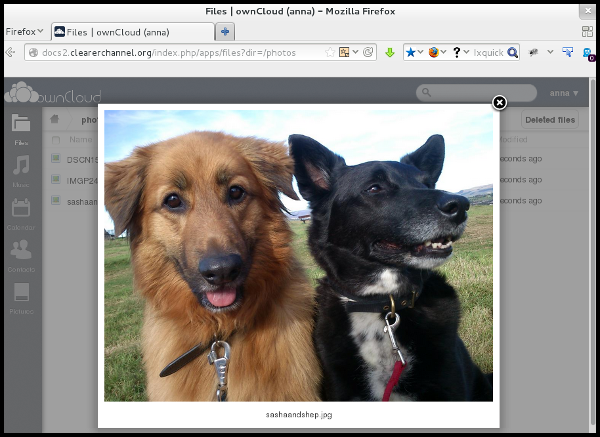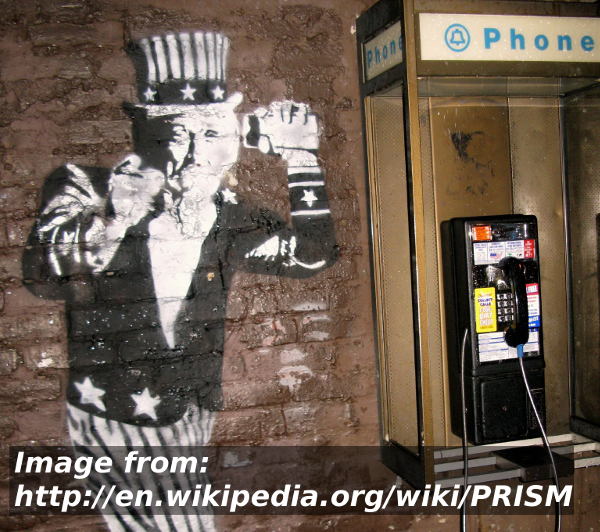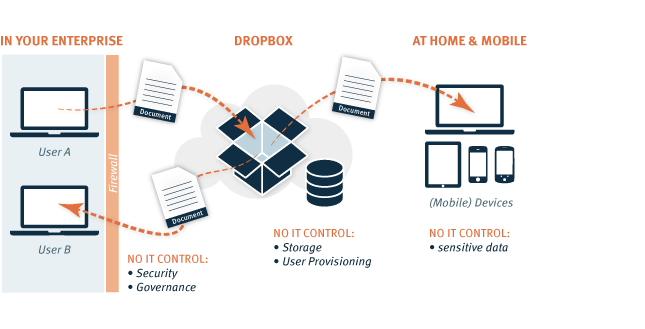Case Studies
We look at three groups that can benefit from using ownCloud: home users, smaller organizations including media and NGOs, and larger businesses.
Your options for file sharing are Dropbox, WeTransfer or other commercial services on the internet. Good news however, ownCloud is a free and open source file sharing alternative. It is actively being developed and rapidly gaining popularity.
Home users sharing files
Imagine you have a relative or friend who lives on the other side of the world and you want to share photos and home movies with each other. Or, you are part of a local community or interest group that wants to share contacts. You don't want to upload these personal documents to a commercial file sharing space because you are concerned about the integrity of your data. Or maybe you are uncomfortable with the increasing monopoly of huge corporations controlling data sharing.
If you already have some server space or a VPS, you can take full advantage of ownCloud.

Previewing images from within your pictures area
Using ownCloud is also a good way to learn about how to set up a web application and undertake server administration. Use this guide as a starting point to teach yourself how to set it up and keep ownCloud running. It can become a valuable service for your family, friends or community.
NGOs, media organizations and similar projects
While some businesses can afford expensive in-house or third-party implementations for sharing documents and working collaboratively, there are also many charities, NGOs and smaller journalism outlets that do not have large budgets. They often rely on free tools for collaboration including Google Drive (docs) and sharing services like Dropbox.
However, many of these organizations also work with confidential info that needs to be protected. Anyone holding data with regards to investigating regimes, authorities or corporations should be careful about the information systems they are using. This includes contact details or information on 'who is meeting who and when'. Prevent private data from becoming public data.

Business use
Businesses are a primary target group for ownCloud. So much so, that ownCloud Inc. provides a commercial service which runs from the website ownCloud.com. Some of the following material is adapted from documentation provided on ownCloud.com.
There are also other organizations like OwnCube that provide hosting for business.
Ways a small business could use ownCloud
If you run a business with just a few people, or even alone, ownCloud could save you time, keep you organized and make collaborating easier. You could use it for
- Backing up important files
- Keeping master copies of files that several people use (such as your business logo)
- Keeping libraries of important files, for example product photos
- Keeping 'your data at your fingertips': for example, having a central copy of your cash-flow allows everyone to check the impact of their spending/selling quickly
- Sharing files easily with customers, e.g. sharing your product specifications/photos with your retailers
- Avoiding sending large attachments by email, instead you could just send a download link (may save you money/bandwidth)
- Keeping you mobile – allows you to access important info when you are 'on the shop floor' or 'out of the office' on your mobile or tablet
- Keeping a centralized address book
- Minimizing problems caused when a colleague leaves or is off sick
By making use of free and open source software such as OwnCloud, you can maximize your efficiency (and compete better) without spending lots of money and becoming vendor-locked to specific companies and products. This keeps you flexible, enabling you to grow and change as you need without extra expense. It lowers the risk of trying something new and enables you to have the tools of big business on your side, without having a huge IT department behind you.
Businesses: keeping control of your data
One of the major issues faced by businesses is the widespread use of consumer services – such as Dropbox – by their staff. If accounts are hacked or opened up to the public by mistake, businesses lose their competitive advantage. Employee behavior bypasses all of the hard work done by the IT department of the company to protect intellectual property. As as business you have essentially no control of a document once it goes into someone's personal cloud file share. Business management is based on information. If you don't know exactly where the data goes next, you can't reliably plan and steer your business.
Image from https://owncloud.com/owncloud-overview
There are some statistics on the ownCloud.com website which are aimed at those making decisions about IT for their company.
- More than 75 percent of businesses have shared or stored sensitive company information on public cloud services – Symantec
- 40% experienced the exposure of confidential information
- 40% reported that they had lost data in the cloud and had to restore it from backups
- One out of five users surveyed said they use the consumer file-sync-and-share system with work documents – Nasuni, an enterprise storage management company
- Half of those users do this even though they know it’s against the rules.
- Average cost of a data breach equaled .5 Million in 2011 – Infosecisland.com
The reason that employees use Dropbox, their personal email accounts and home internet connections is mainly due to the ease of use of these services compared to the more clunky solutions offered by the traditional business's IT department.
ownCloud is presented as a user-friendly and reliable solution to sharing, that is also easily maintained and monitored by IT departments.





